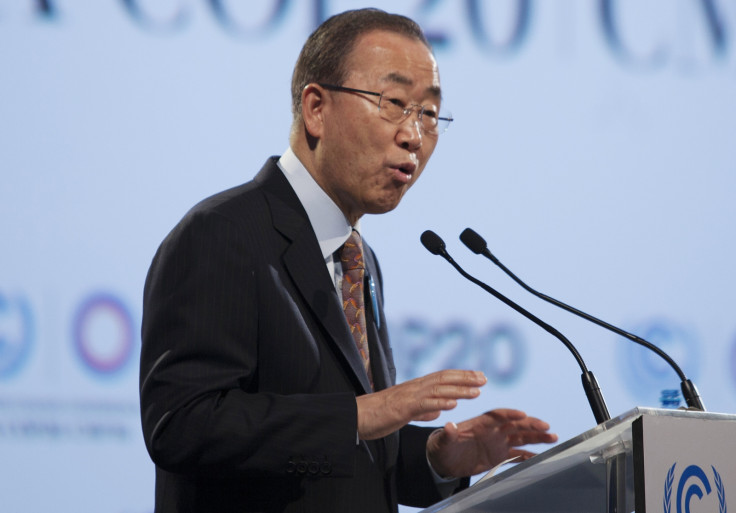UN climate change talks: Developing nations stick to guns on historical responsibility clause

Developing nations led by India persisted with the need for retaining the common but differentiated responsibility (CBDR) clause in any climate change agreement.
At a key meeting at Lima where the UN climate talks are on to pave the way for an ambitious Paris deal next year, Indian environment and climate change minister Prakash Javadekar said, "We are here to enhance the implementation of the convention, certainly not to re-write it."
The Kyoto Protocol that expired in 2012 had incorporated this as part of the deal where rich nations were expected to do more by way of mitigation given that it was their activities that have led to a major part of the carbon in the atmosphere.
At Lima, a new phrase of "evolving CBDR" has been reported to be making the pitch for changing the "historical responsibility" clause and categorising countries in terms of their present status.
The demand of developing nations is for an equitable and balanced agreement that takes into account their huge development needs including access to funds and technology, reports Times of India.
The Indian minister said, "It is important to ensure that there is no slackening of the mitigation ambition of the developed country parties in the pre-and post-2020 period."
This was also the stand of the Saarc bloc of nations comprising India, Pakistan, Nepal, Maldives, Bhutan, Sri Lanka and Bangladesh.
Any delay in action on climate change will only add to our costs and the requirement of adaptation, noted the delegation head terming the pre-2020 ambition and ratification of Kyoto Protocol's 2nd Commitment Period as the urgent need of the hour.
© Copyright IBTimes 2024. All rights reserved.






